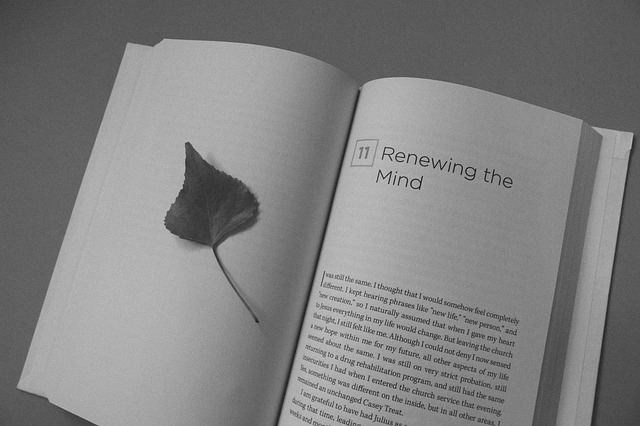Shakespeare is celebrating the 400th anniversary of his death this year and Cervantes is as well. England and Spain are having their respective celebrations. I set up news alerts for these kinds of updates in hopes to find out about literary events around the world. It keeps me in the know to a certain extent.
As I looked through my news alerts for World Literature over the past few months, I was unsurprised by the continual focus on the West, specifically these two writers. I’m not against it. I’m a huge fan of both of these writers’ works. Of course their works have influenced countless writers and of course literature would not be the same without them. Shakespeare and Cervantes are some of the largest names in the canon.
That doesn’t mean the emphasis should consistently be on the canon. There is a constant emphasis on celebrating long-dead writers. What about living writers? What about their anniversaries, their birthdays, their accomplishments? What about writers in Africa, Asia, or South America? Other than for big literary prizes, when was the last time someone published an article celebrating say, Haruki Murakami, Teju Cole, or Ha Jin’s birthday? What’s more, instead of celebrating anniversaries of births and deaths, why not celebrate the anniversaries of publications? For example, it will have been 50 years since Gabriel Garcia Marquez published 100 Years of Solitude in 2017. There will be articles about it, I’m sure, but there were probably hundreds more about his death in 2014.
The West puts more emphasis on the old than the new, and that blatantly shuts out developing literary scenes around the world. Not everything has been said and not everything has been done. I know this because there are writers writing about places and experiences that not nearly enough people read about. I know that because I’ve read many of those experiences in Asymptote.
There is something to be said about the Western world constantly emphasizing its own literary canon and even more so the canon of dead authors. The tradition of writers becoming successful after their deaths needs to stop. Those who are alive today deserve more recognition, especially those in countries one might not usually think about.
I’m guilty of this just as much as the next person. But we have the power to change what the canon is, simply by reading other books from other countries. It’s that easy. Asymptote is a great example of what can happen when you work toward that. They’ve published writing translated from over 100 languages in counting.
We as humans might not intentionally have this cultural bias, and we might not know that we’re only reading books originally written in English. However, once we do know, we need to look elsewhere. The time period in which we live calls for it. Globalization is happening at a faster rate than countries can accommodate. By learning the literature of other countries, we immerse ourselves in that country’s culture. By immersing in those cultures, we understand each other in a more positive light. We need to understand each other, and world literature is a great way to do that. Shakespeare and Cervantes can help us understand the past and give us a window to big ideas, but new writers help us understand the present and give us a window to new ideas.
*****
Read more Essays:

